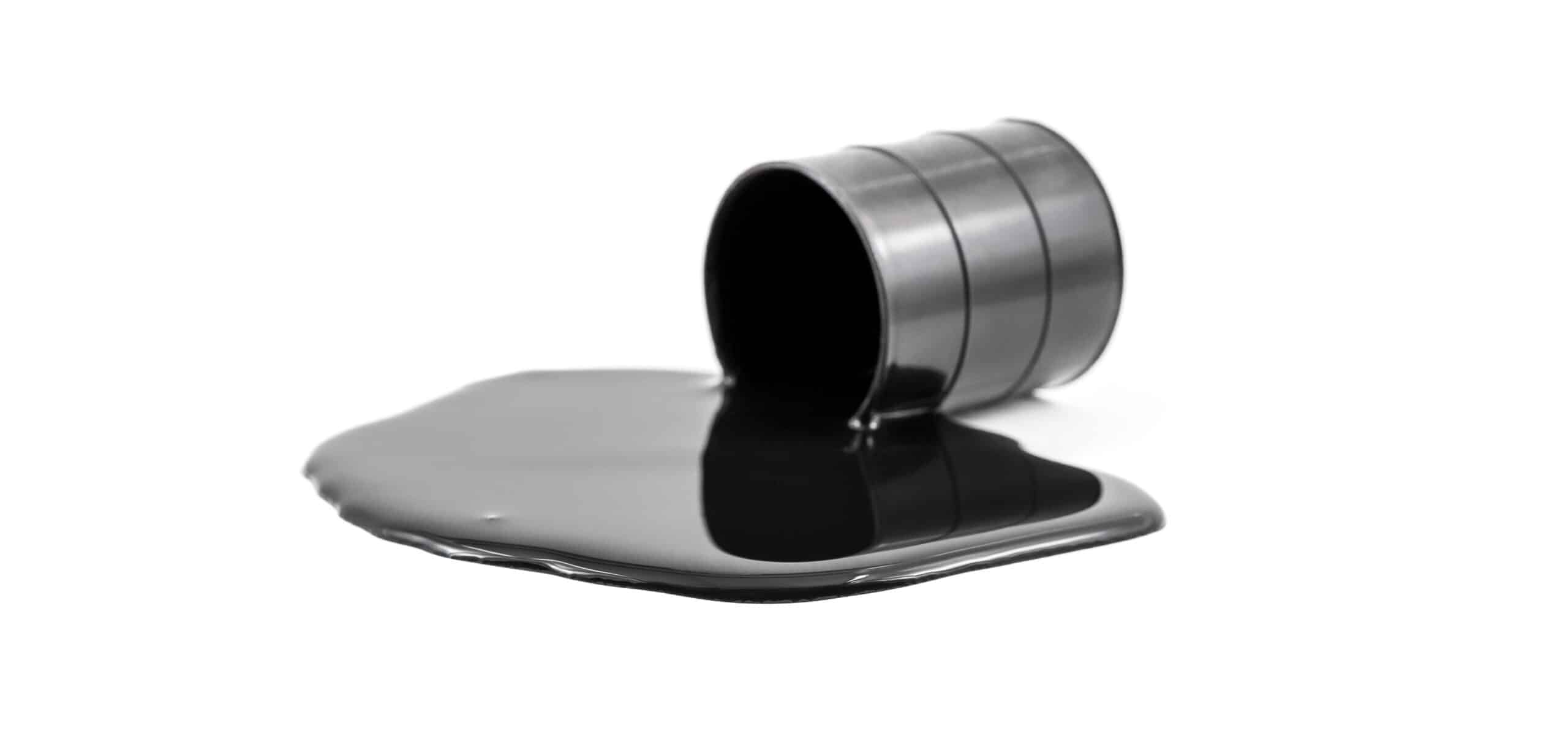A bituminous primer (commonly referred to as bitum astar in Turkish) is a liquid substance used as a preparatory coating or primer for surfaces before the application of bituminous waterproofing membranes or coatings. It is primarily composed of bitumen dissolved in a solvent, which helps to improve the adhesion of subsequent layers of bituminous materials to the substrate. Bituminous primers are widely used in the construction and waterproofing industries due to their effectiveness in enhancing the bonding of waterproofing membranes to various surfaces.
Composition and Features of Bituminous Primer
Bituminous primers are made by dissolving bitumen (a viscous, tar-like material derived from petroleum) in organic solvents such as kerosene or other petroleum distillates. This formulation allows the primer to be easily applied to surfaces in a liquid form, which then dries to form a tacky, adhesive layer. The main features of bituminous primer are:
- Waterproofing Capability: The bitumen in the primer helps to improve the waterproofing properties of surfaces, ensuring better protection against water infiltration.
- Adhesion Enhancement: Bituminous primers are specifically designed to improve the bonding of bituminous waterproofing membranes or coatings to substrates such as concrete, metal, wood, and bituminous surfaces.
- Fast Drying: Once applied, the primer dries relatively quickly, allowing for the subsequent application of waterproofing layers without long delays.
- Flexibility and Durability: The bitumen used in primers ensures that the primer remains flexible and durable, even when exposed to varying weather conditions.
Applications of Bituminous Primer
- Roofing Systems: Bituminous primers are commonly applied as a base layer on roofing surfaces before the installation of waterproofing membranes. This application ensures better adhesion between the roof and the waterproofing layer, preventing leaks and water penetration. The primer is essential for ensuring the long-lasting effectiveness of roofing membranes.
- Basement and Foundation Waterproofing: In the construction of basements and foundations, bituminous primers are used to enhance the adhesion of waterproofing membranes to the concrete surfaces. This application is critical in preventing water damage, mold growth, and corrosion in underground structures. Bituminous primers create a strong bond between the foundation surface and the membrane, providing a solid waterproof barrier.
- Bridge Decks and Infrastructure: Bituminous primers are used in the waterproofing of bridge decks, tunnels, and other infrastructure projects. They help improve the adhesion of bituminous coatings, protecting the underlying structures from the damaging effects of water, salts, and other environmental factors. This enhances the durability and lifespan of bridges and tunnels.
- Parking Lots and Roads: In areas subject to heavy traffic such as parking lots and roads, bituminous primers are used to ensure the waterproofing membranes or coatings adhere well to the asphalt or concrete surfaces. This application protects the surface from water infiltration, which could lead to surface degradation and structural damage.
- Water Reservoirs and Dams: In large-scale water storage structures like reservoirs and dams, bituminous primers are used to prepare the surfaces for bituminous waterproofing coatings. The primer helps in providing a strong adhesive base for the waterproofing layers, ensuring that water does not seep through the structure and compromise its integrity.
- Terraces, Balconies, and Balustrades: In residential and commercial buildings, bituminous primers are applied to terraces, balconies, and balustrades before waterproofing membranes are laid down. These areas are highly susceptible to water infiltration, and using a primer ensures that the waterproofing membranes adhere properly to the surfaces, protecting the structure from water damage.
- Pipes and Ducts: Bituminous primers are sometimes applied to metal pipes, ducts, and other surfaces that will be coated with bituminous materials. The primer ensures that the waterproofing layer adheres securely to the surface, preventing corrosion and leaks over time.
Advantages of Bituminous Primer
- Improved Adhesion: Bituminous primers enhance the adhesion of bituminous coatings and membranes to a variety of substrates, ensuring long-lasting waterproofing performance.
- Cost-Effective Solution: The use of bituminous primer is a cost-effective way to ensure the durability of waterproofing systems by improving the bonding strength of membranes and coatings.
- Versatility: Bituminous primers can be used on a variety of surfaces, including concrete, metal, wood, and bituminous materials, making them highly versatile in different construction applications.
- Enhanced Waterproofing: The primer’s bitumen content helps to enhance the overall waterproofing properties of the system, providing better protection against water ingress.
- Ease of Application: Bituminous primers are easy to apply, either by brushing, rolling, or spraying, making them convenient for both large and small-scale projects.
Bituminous primers, or bitum astar, are an essential component in the construction and waterproofing industries. They serve as a preparatory layer to improve the adhesion of bituminous waterproofing membranes to various surfaces, ensuring the durability and effectiveness of the waterproofing system. Whether used in roofing, foundation waterproofing, or infrastructure projects, bituminous primers provide an effective and cost-efficient solution for creating long-lasting barriers against water penetration. Their versatility, ease of application, and enhanced bonding properties make them indispensable in modern construction practices.

